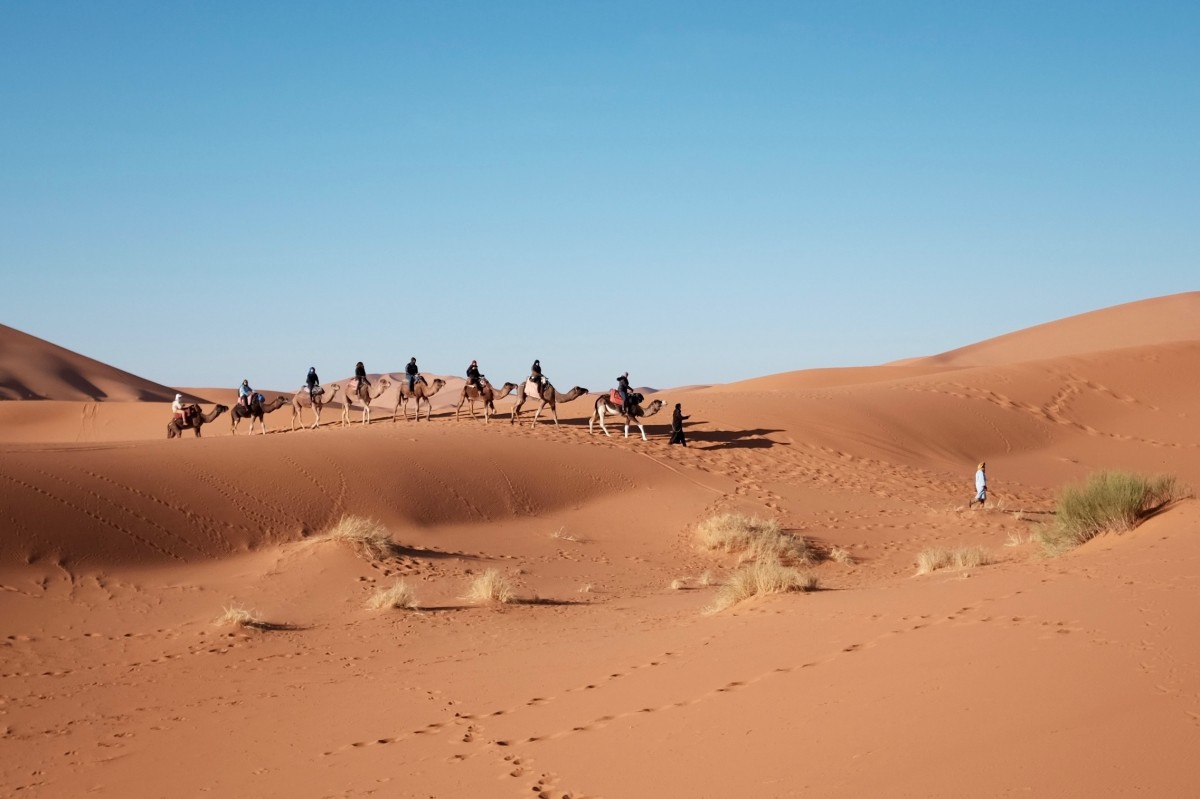
(ERGO) –
The tree nursery initiative is part of plans to prevent disasters caused by climate change such as drought, soil erosion and poor rains.
Mohamed Bule Samatar, head of indigenous trees protection at the Office of Environmental Protection and Climate Change, said the centre has prepared 500,000 seedlings for distribution and planting across the Somali region. More will be grown later this year.
“In our country and the region, climate change has resulted in poor rains, soil erosion and changes in quality of organic foods. One way of averting this is planting trees to return vegetation to the land,” he said.
The office collaborates with regional administrations, local governments and the community.
“We use three different types of soil which are black soil, farm soil and cow dung in packaging the seedlings,” he said.“ Our aim is to produce as many seedlings as possible so that even those in villages can get them. We want our people to understand the importance of planting trees.”
They are supplied with seeds and fertilizer by the Ethiopian government’s forest and climate change committee. This project is part of a mass tree planting initiative aiming to plant five billion trees in Ethiopia by the end of 2021, with the Somali Region planning to plant 10 million trees.



